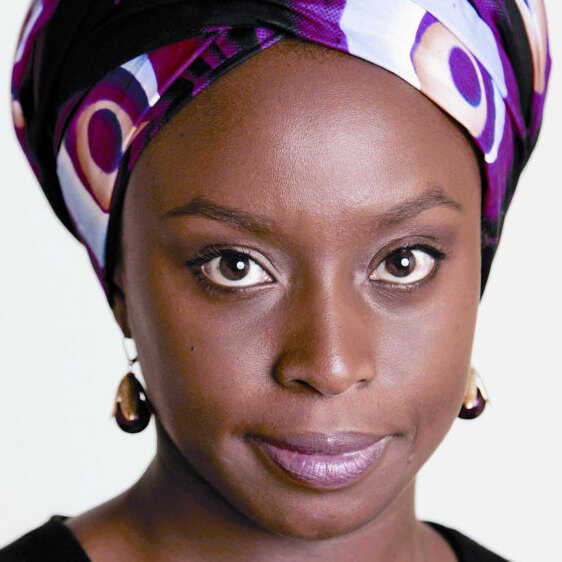Black In America: A Story Rendered In Gray Scale

Americanah
by Chimamanda Ngozi Adichie
Paperback, 588 pages | purchase
Buy Featured Book
Your buy helps support NPR programming. How ?
american literature has batch of coming-of-age novels. What we need more of, judging by the strengths of Chimamanda Ngozi Adichie ‘s new book, are novels about coming to America. In particular, books that address our biggest problems — in this lawsuit, slipstream. Because things natives do n’t see about themselves much stand out like neon to extraneous eyes. And if you think racism expired when President Obama was elected, this is possibly not — or absolutely is — the book for you. In Americanah, a youthful Nigerian woman, Ifemelu, moves to the United States for school, leaving behind her boyfriend, Obinze, and her class. It ‘s a narrative of resettlement, far-flung love and life as an alien, spread across three continents. It ‘s besides about the lonely but privileged position a stranger gains by entering a newly polish. indeed, it ‘s more knock-down than that in Americanah, because Ifemelu experiences America both as a total darkness womanhood and as an african charwoman. In the U.S., those two identities combine for experiences dark and sparkle that Adichie skillfully renders in grey scale. The history begins with an electricity conversant to readers of Adichie ‘s previous novel, Half of a yellow Sun. That book, about the animation of two sisters during the Nigerian-Biafran War, won the Orange Prize for Fiction six years ago. I ‘m still pressing it on strangers ; it rests comfortably in my lead five favorite books published in the decade .
Read more: 13 Author Websites That Get It Right
Americanah ‘s first chapters, largely set during Ifemelu ‘s childhood and adolescent years in Nigeria, have a similar crackle. Describing a party at a local big serviceman ‘s house, Adichie writes of some aspirational guests, “ They were wearing the consistent of the Lagos youngish and wealthyish — leather slippers, jeans and open-neck close shirts, all with companion couturier logo — but there was, in their manner, the plowing eagerness of men in indigence. ”

toggle caption
Beowulf Sheehan/Random House
After Ifemelu lands in the United States, she becomes, among other things, a blogger, writing curious, punchy updates about black liveliness in America — from hairstyles to politics — intended for America ‘s blacks and nonblacks, and for non-American blacks. She writes, “ Of all their tribalisms, Americans are most uncomfortable with race. If you are having a conversation with an american english, and you want to discuss something racial that you find interesting, and the American says, ‘Oh, it ‘s simplistic to say it ‘s race ; racism is so complex, ‘ it means they good want you to shut up already. ” But about Ifemelu ‘s offline being, from surviving brotherhood parties to finding use, Adichie ‘s storytelling is amazingly flat. We get explanations in stead of action ; discussion, but small drama. Of one character, we read : “ Ifemelu knew that for a long time afterwards, she would not unwrap from herself the pashmina of the wounded. ” Ifemelu ‘s boyfriend, Obinze, leaves Nigeria excessively, and his report, working in a british warehouse, has a much stronger heartbeat. But ultimately the novel suffers the absence of a sturdy editor program.
Adichie ‘s goals on the page, however, are lord and her hard work obvious. When Ifemelu returns to Lagos, “ the heaps of folderol … rose on the roadsides like a twit. Commerce thrummed besides rebelliously. ” It ‘s that type of evocative ability, transporting my resource while keeping my feet firm on the background, that has me looking fore to Adichie ‘s books for years to come. Rosecrans Baldwin ‘s latest book, Paris I Love You but You ‘re Bringing Me Down, comes out in paperback adjacent calendar month .


